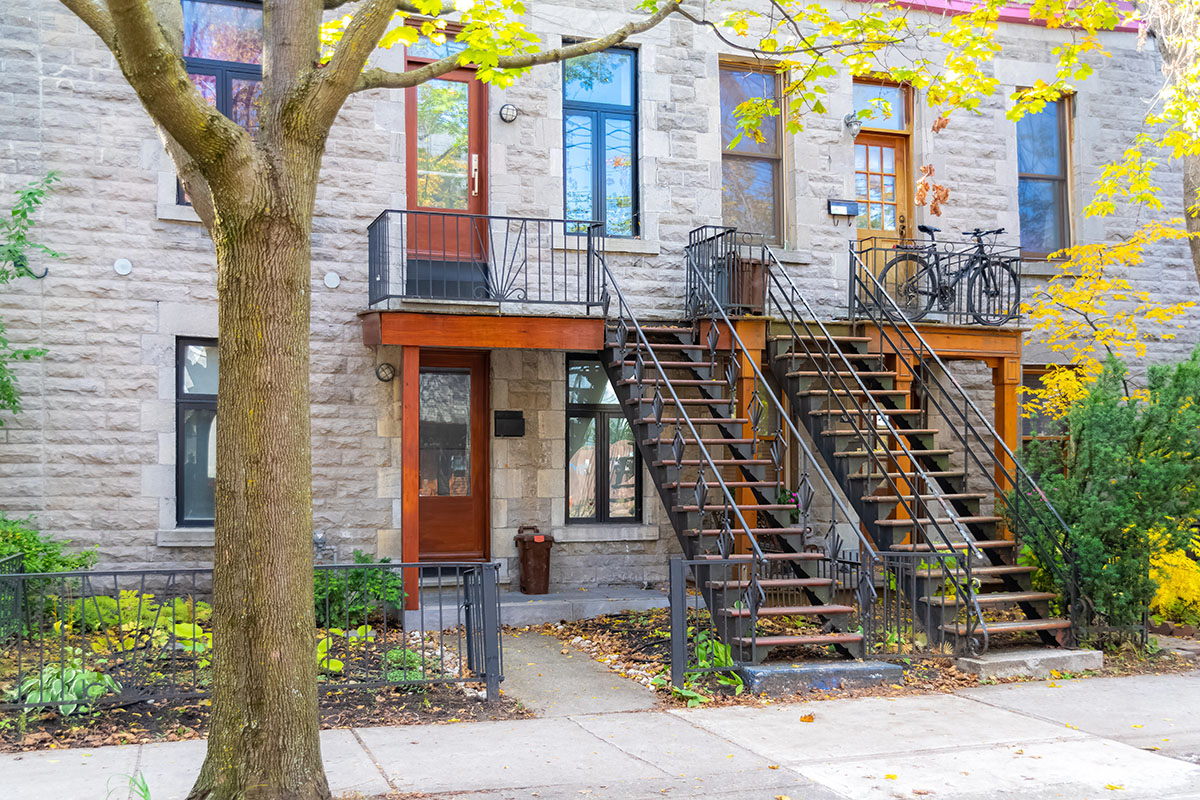Renting your first apartment can be challenging and overwhelming, even if you’re well-prepared. As a Bastrop rentals seeker and a first-time apartment renter in Texas, you may encounter difficulties such as understanding complex lease agreements, knowing your rights as a tenant, managing your budget effectively, and avoiding rental scams. These challenges often arise from a lack of experience and knowledge about the rental market and legal protections.
Common mistakes to avoid include:
- Underestimating upfront costs
- Skipping thorough property inspections
- Neglecting renters’ insurance
- Poor communication with landlords or roommates
Making these mistakes can result in financial strain, disputes, or an unsatisfactory living situation.
We aim to help you avoid these pitfalls by providing essential insights. By learning about budgeting, legal rights, property evaluation, and effective communication strategies, you can guarantee a smooth renting experience tailored to your needs as a first-time renter.
Table of Contents
1. Setting a Realistic Budget and Financial Planning
Budgeting for rent is the foundation of a successful apartment search, especially in Texas where rental prices vary greatly by city and neighborhood. Before browsing listings, you need to understand your financial limits clearly.
Steps to assess your budget:
- Calculate your monthly net income — what you take home after taxes.
- Follow the common guideline of spending no more than 30% of your net income on rent. For example, if you earn $3,000 per month, aim for rent around $900 to $1,000.
- Account for other regular expenses such as utilities, groceries, transportation, and entertainment to avoid overcommitting.
Using online rent calculators can simplify this process by factoring in your income, savings goals, and local market rates. These tools help estimate an affordable rent range tailored to your financial situation and desired location.
Consider potential upfront costs like security deposits and application fees alongside monthly rent when planning. Being realistic with your budget prevents future financial stress and narrows options quickly during your apartment search.
Financial planning for renting an apartment also means setting aside emergency funds for unexpected repairs or temporary income loss. This preparation strengthens your ability to maintain consistent payments without compromising other living expenses.
2. Researching Tenant Rights and Responsibilities
Understanding your tenant rights in Texas is fundamental before signing any lease agreement. Texas law provides protections to renters, including:
- The right to a habitable living environment free from health and safety hazards.
- Protection against unlawful eviction; landlords must follow legal procedures to evict tenants.
- The right to privacy, meaning landlords generally must give notice before entering your apartment.
- Clear rules on security deposits, including limits on amounts and timelines for returning deposits after moving out.
Knowing your responsibilities is equally important. You are expected to:
- Pay rent on time as agreed upon in the lease.
- Maintain the property’s cleanliness and avoid damage beyond normal wear and tear.
- Comply with community rules outlined by the landlord or property management.
When reviewing lease agreement clauses, pay close attention to:
- Lease duration and renewal terms.
- Rent amount, due dates, and late fee policies.
- Security deposit amount, conditions for deductions, and refund timeline.
- Pet policies, if applicable, including fees or restrictions.
- Maintenance responsibilities—what repairs you are responsible for versus the landlord.
Look out for vague or unfair terms such as excessive penalties or unilateral changes without notice. Always request clarification or negotiation before signing!
3. Conducting Thorough Property Inspections and Apartment Selection
Inspecting a rental property before signing the lease is integral to avoiding unexpected issues that can turn your first apartment experience into a headache. Many first-time apartment renters make the mistake of skipping or rushing this step, which often leads to costly repairs or disputes with landlords.
Use a property inspection checklist during your visit to ensure you cover all areas:
- Plumbing: Check faucets, pipes under sinks, and toilets for leaks or slow drainage.
- Electrical systems: Test light switches, outlets, and appliances included with the unit.
- Heating and cooling: Confirm HVAC units work properly, especially since Texas summers can be harsh.
- Walls and ceilings: Look for cracks, water stains, or mold that signal potential structural or moisture problems.
- Doors and windows: Ensure they open, close, and lock securely; check for drafts or broken seals.
- Cleanliness and pests: Observe the overall cleanliness and signs of pests like rodents or insects.
Choosing the right apartment means balancing your budget with the conditions and amenities offered. Take notes during each viewing to compare later. Look beyond aesthetics; ask about maintenance response times and neighborhood safety. A well-maintained apartment will save money and stress down the road.
Being thorough at this stage helps you avoid common pitfalls that first-time renters face. It empowers you to negotiate repairs or decide if another option fits better. This approach gives you confidence that your new home meets your needs without hidden surprises waiting after moving in.
4. Considering Renters Insurance and Understanding Security Deposit Terms
Protecting your belongings should be a priority when renting an apartment. Renters insurance benefits include coverage for theft, fire, water damage, and other unexpected events that could result in costly losses. Many renters overlook this affordable safeguard, but it offers peace of mind by covering personal property and providing liability protection if someone is injured in your rental unit.
Texas does not require renters’ insurance by law, but some landlords may ask for proof before signing the lease. Policies typically cost between $10-$20 per month depending on coverage limits and deductibles. You can often bundle renters’ insurance with auto policies for additional discounts.
Security deposits are a major upfront cost for first-time renters. Texas has clear security deposit regulations to protect tenants:
- Landlords can charge up to one month’s rent as a security deposit.
- After you move out, landlords must return the deposit within 30 days, minus any deductions for damages beyond normal wear and tear.
- Itemized deductions must be provided if any portion of the deposit is withheld.
- Keep documentation such as move-in checklists and photos to avoid disputes.
5. Communicating Effectively with Landlords and Roommate Considerations
Establishing clear and professional communication with landlords sets the foundation for a smoother leasing experience. You want to:
- Confirm all agreements in writing, including rent due dates, maintenance requests, and any special permissions.
- Respond promptly to landlord inquiries or notices to build trust and avoid misunderstandings.
- Document conversations related to repairs or disputes by email or text for future reference.
- Clarify expectations about noise, guest policies, and shared spaces if applicable.
When it comes to finding a compatible roommate, compatibility goes beyond just splitting rent. Consider these factors:
- Lifestyle habits like sleep schedules, cleanliness standards, and social activity levels.
- Financial reliability, ensuring your roommate can meet rent and utility payments on time.
- Shared values regarding guests, parties, smoking, pets, and household chores.
- Communication style—open dialogue helps resolve conflicts quickly and respectfully.
Use roommate matching websites or local community boards to find individuals whose preferences align with yours. Discuss expectations thoroughly before signing a lease together. Compatibility reduces stress and enhances your living situation.
6. Staying Vigilant Against Rental Scams and Common Mistakes to Avoid
Rental scams remain a significant threat for first-time apartment renters. Scammers often post fake listings that look legitimate but don’t actually exist. They might ask for upfront fees or deposits before you even see the property. If a deal sounds too good to be true or the landlord pressures you for quick payment, exercise caution.
Common red flags include:
- Requests for money via wire transfer or prepaid cards
- Landlords unwilling to meet in person or show the apartment first
- Listings with inconsistent details or photos copied from other sites
Avoid falling victim by:
- Verifying property ownership through public records or official websites
- Meeting landlords face-to-face before signing anything
- Never paying deposits before a lease is signed and keys are handed over
Your Path to Confident Texas Renting: Lessons Learned, Success Gained
The rental market can be overwhelming for first-time renters. However, this guide for first-time renters in Texas provides you with practical knowledge to avoid common mistakes and make informed choices. Here are the points to remember:
- Set a realistic budget based on your finances.
- Understand your rights and responsibilities under Texas law.
- Inspect properties thoroughly before signing any lease.
- Protect your belongings with renters’ insurance.
- Communicate clearly and openly with landlords and roommates.
- Stay alert to rental scams that target newcomers.
Use the information here as a foundation for a smooth transition into your new home. Your journey toward finding the right apartment becomes much easier when you’re prepared, informed, and proactive.
Frequently Asked Questions About Renting
What are some common mistakes first-time apartment renters should avoid?
First-time apartment renters often make mistakes such as not setting a realistic budget, failing to research tenant rights, neglecting thorough property inspections, overlooking renters’ insurance, poor communication with landlords, and falling victim to rental scams.
How can I set a realistic budget for renting an apartment?
Setting a realistic budget involves assessing your monthly income and expenses to determine how much you can afford to rent. Use online rent calculators to estimate an ideal rental price range, so rent does not exceed 30% of your monthly income for financial stability.
What tenant rights and responsibilities should I be aware of when renting in Texas?
Texas tenants have rights including fair lease terms, privacy protections, and proper handling of security deposits. Review lease agreements carefully to understand obligations like timely rent payments and maintenance responsibilities while certifying your rights are protected under Texas law.
Why is conducting a thorough property inspection important before renting?
A thorough property inspection helps identify issues with plumbing, electrical systems, cleanliness, and overall condition before signing a lease. This prevents unexpected repair costs and guarantees the apartment meets your standards for safety and comfort.
Should I consider renters insurance and what should I know about security deposits?
Renters insurance is paramount for protecting your belongings against theft or damage. In Texas, landlords can charge security deposits typically up to one month’s rent and must return them promptly after move-out if no damages occur. Understanding these terms helps safeguard your financial interests when considering rental properties in Bastrop.
How can I protect myself from rental scams when searching for apartments?
Stay vigilant by verifying listings through reputable sources, never paying upfront fees before viewing a property, and communicating directly with landlords or property managers. To browse secure and current options, check out apartments for rent in Bastrop TX. Being cautious helps you avoid fake listings and fraudulent requests common in the rental market.




